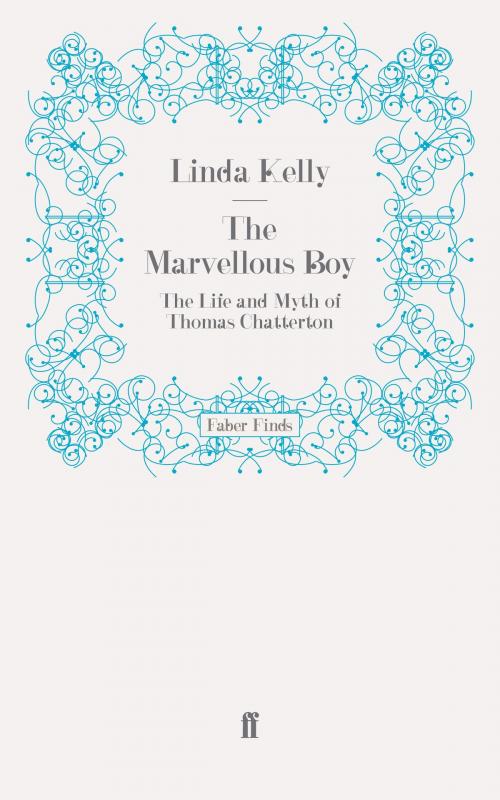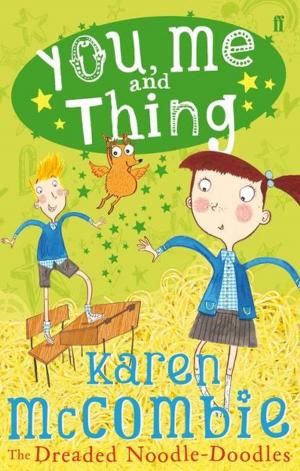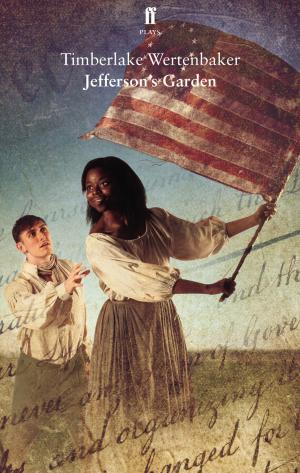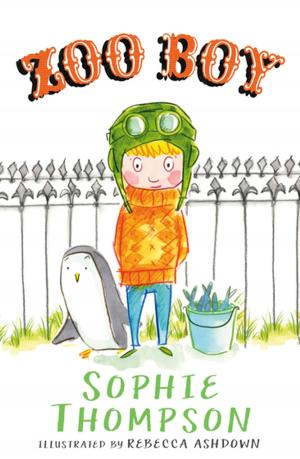The Marvellous Boy
The Life and Myth of Thomas Chatterton
Biography & Memoir, Literary, Fiction & Literature, Literary Theory & Criticism| Author: | Linda Kelly | ISBN: | 9780571287161 |
| Publisher: | Faber & Faber | Publication: | November 15, 2012 |
| Imprint: | Faber & Faber | Language: | English |
| Author: | Linda Kelly |
| ISBN: | 9780571287161 |
| Publisher: | Faber & Faber |
| Publication: | November 15, 2012 |
| Imprint: | Faber & Faber |
| Language: | English |
In 1770, at the end of his tether, the seventeen-year-old poet Thomas Chatterton, penniless and starving, despairing of success and tormented by a sense of failure, committed suicide in his garret room.
Within a few years he was transformed into a legend. In the dawning Romantic Movement, he became a symbol of some of its most powerful preoccupations - suicide, youth and neglected genius.
During the two ensuing centuries, Chatterton has become one of the most famous of literary suicides. To the Romantics in the nineteenth century, the premature death of this precocious genius became a source of inspiration. His suicide inspired Vigny's melodramatic play Chatterton, and forty years later, Leoncavallo's opera spread to Italy. The Pre-Raphaelites, especially Rossetti, were fascinated by his death. In the twentieth century, the eccentric scholar and poet E. W. Meyerstein developed a lifelong passion for him.
Linda Kelly explores the development, pervasiveness and astonishing persistence of the Chatterton legend, throwing new and revealing light on the writers and artists who admired him.
'A book that leaves out nothing important and yet keeps us reading like a novel.' John Wain
In 1770, at the end of his tether, the seventeen-year-old poet Thomas Chatterton, penniless and starving, despairing of success and tormented by a sense of failure, committed suicide in his garret room.
Within a few years he was transformed into a legend. In the dawning Romantic Movement, he became a symbol of some of its most powerful preoccupations - suicide, youth and neglected genius.
During the two ensuing centuries, Chatterton has become one of the most famous of literary suicides. To the Romantics in the nineteenth century, the premature death of this precocious genius became a source of inspiration. His suicide inspired Vigny's melodramatic play Chatterton, and forty years later, Leoncavallo's opera spread to Italy. The Pre-Raphaelites, especially Rossetti, were fascinated by his death. In the twentieth century, the eccentric scholar and poet E. W. Meyerstein developed a lifelong passion for him.
Linda Kelly explores the development, pervasiveness and astonishing persistence of the Chatterton legend, throwing new and revealing light on the writers and artists who admired him.
'A book that leaves out nothing important and yet keeps us reading like a novel.' John Wain















